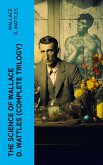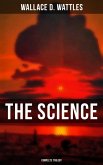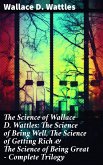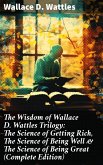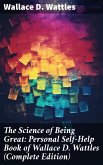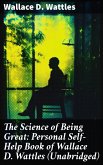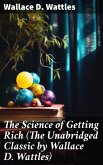In "The Science of Wallace D. Wattles (Complete Trilogy)", Wattles lays out a coherent philosophy that synthesizes practical wisdom with metaphysical principles. The work is marked by its clear and accessible prose, aiming to enlighten the reader on the laws of mental and spiritual development essential for achieving success and personal fulfillment. Each part of the trilogy builds upon the concepts of universal law, the power of thought, and creative visualization, establishing a literary context rooted in the New Thought movement that emerged in the late 19th century, which sought to harness the mind's potential to effect change in the material world. Wallace D. Wattles was a pioneer in the New Thought movement, influencing many success-oriented authors who followed. His background in philosophy and concern for social reform propelled him to write this trilogy as a guide for individuals seeking to transform their lives through self-empowerment and faith. Wattles lived during a period of economic upheaval, and his insights on the intersection of mind and material wealth reflect both his personal struggles and a broader societal yearning for stability and purpose. This comprehensive trilogy is highly recommended for readers interested in self-improvement, spirituality, and the mechanics of success. Wattles'Äô original work continues to inspire those who seek practical steps toward realizing their potential, making this collection an essential read for anyone eager to explore the transformational power of thought.
Dieser Download kann aus rechtlichen Gründen nur mit Rechnungsadresse in A, B, BG, CY, CZ, D, DK, EW, E, FIN, F, GR, H, IRL, I, LT, L, LR, M, NL, PL, P, R, S, SLO, SK ausgeliefert werden.



